Subscribe to our joint NEWSLETTER for
EUTROPIAN &
COOPERATIVE CITY MAGAZINE

How do human dynamics and cooperation affect energy communities?
In the ENERGY4ALL project, funded by the Driving Urban Transitions programme, we’re exploring the role of communities in designing and implementating Positive Energy Districts (PEDs) and Energy Communities (ECs).
In ENERGY4ALL we’re developing participatory governance practices in the industrial and civic sectors to support the development of positive energy districts.
We’re working with local NGOs, cooperatives, municipalities, universities and engineering companies in six pilot projects in Rome (Italy), Styria (Austria), Budapest (Hungary) and Stavanger (Norway) to establish and strengthen local energy communities.
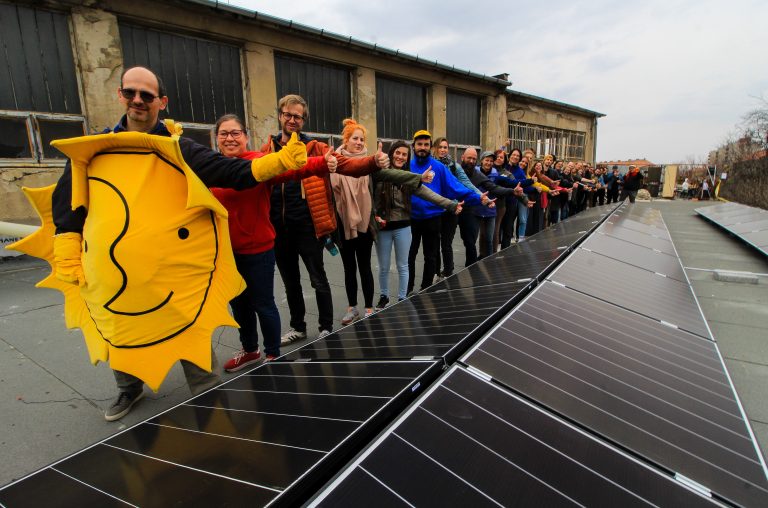
Energy can be conceived as a public resource that should be accessible to all. The human dimension therefore plays an important role in the design and implementation of Positive Energy Districts (PEDs) and Energy Communities (ECs). In the ENERGY4ALL project, energy communities include not only a set of households producing and consuming energy, but also common users of a public resource, such as the industrial and civic sectors. The research will be instrumental in aiding municipalities to develop participatory energy governance and projects, as well as assisting prospective PEDs/ECs to develop and implement inclusive and sustainable models. We will also develop a toolbox to share research and practical learnings in order to provide support for the implementation of an inclusive EC model.
Eutropian takes on a Lead Partner role in the coordination, communication and dissemination activities of the ENERGY4ALL project. We are drawing on our decade-long experience supporting and developing eco-systems which will be a central element in building energy communities in ENERGY4ALL. This project allows us to deepen our knowledge in the field of renewables and to better understand how to use energy as a means of developing stronger and more inclusive communities, meanwhile exploring the technical and legal challenges that arise.
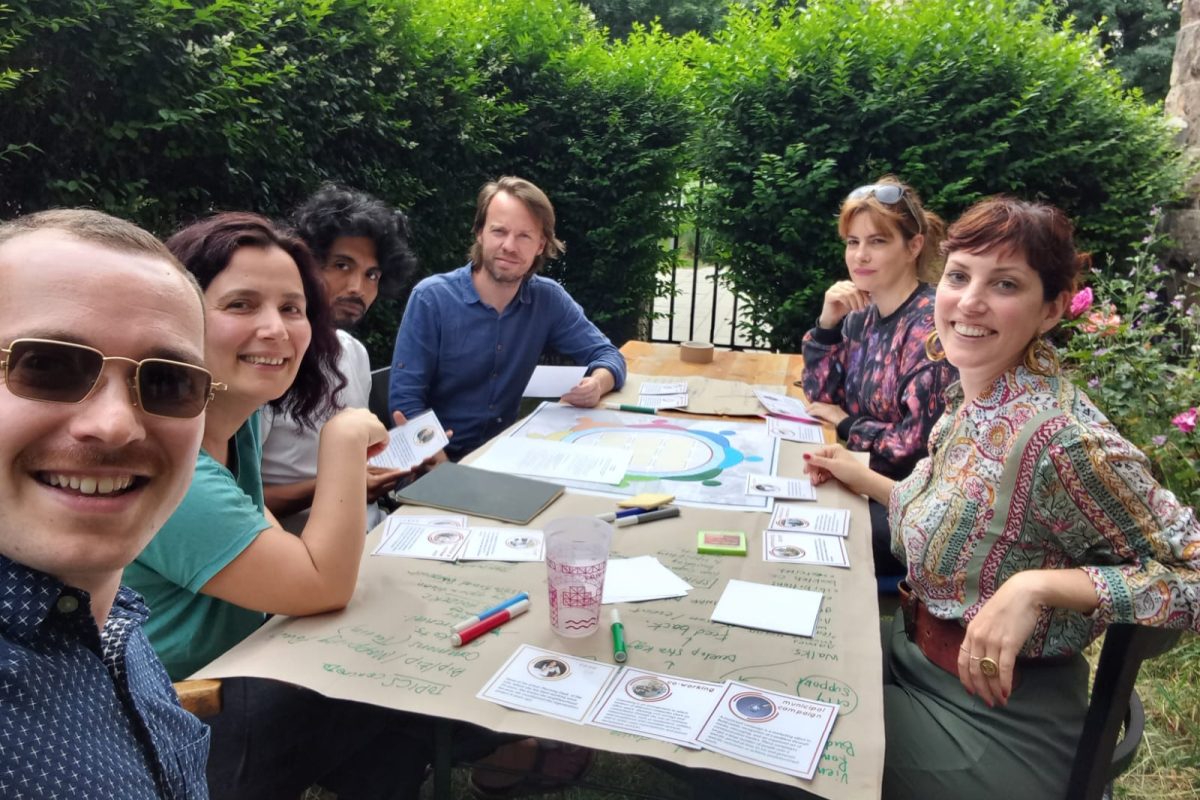
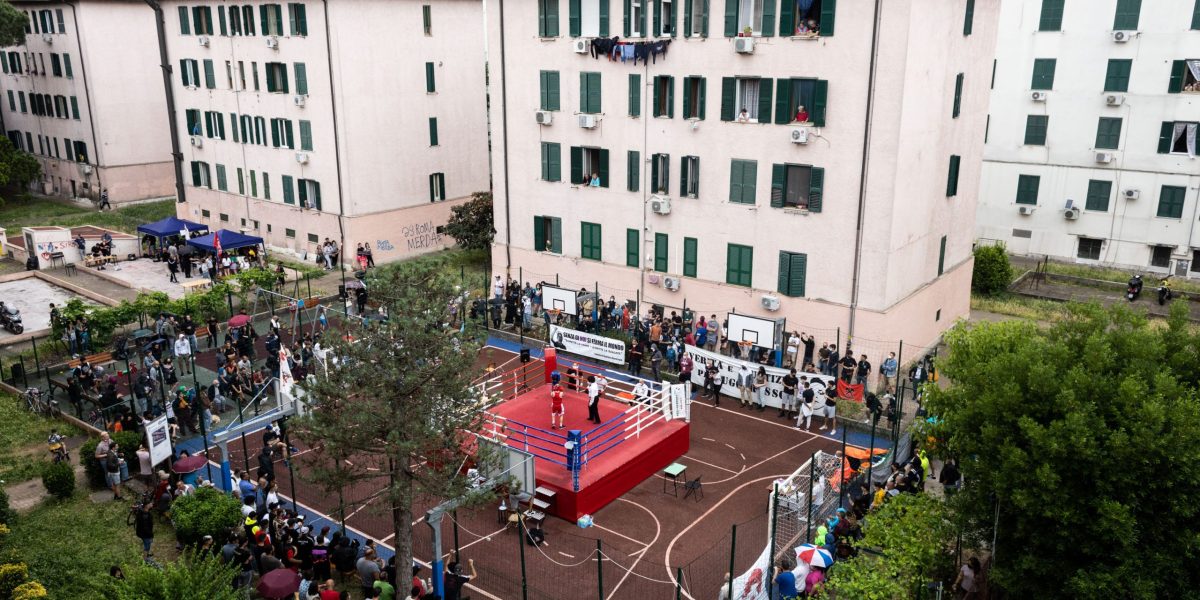
Energy Communities in public housing estates to tackle energy poverty (Quarticciolo, Rome/Italy)
This pilot will tackle energy poverty through the development of energy communities. Activities will be held in the Quarticciolo neighbourhood, a social housing setting that counts 6.000 inhabitants. This pilot aims to enhance citizens’ engagement and empowerment in a fragile socio-economic context through capacity building regarding energy behaviours. Lead pilot partners: Nuove ri-Generazioni, Openpolis, ASD Palestra Popolare Quarticciolo.
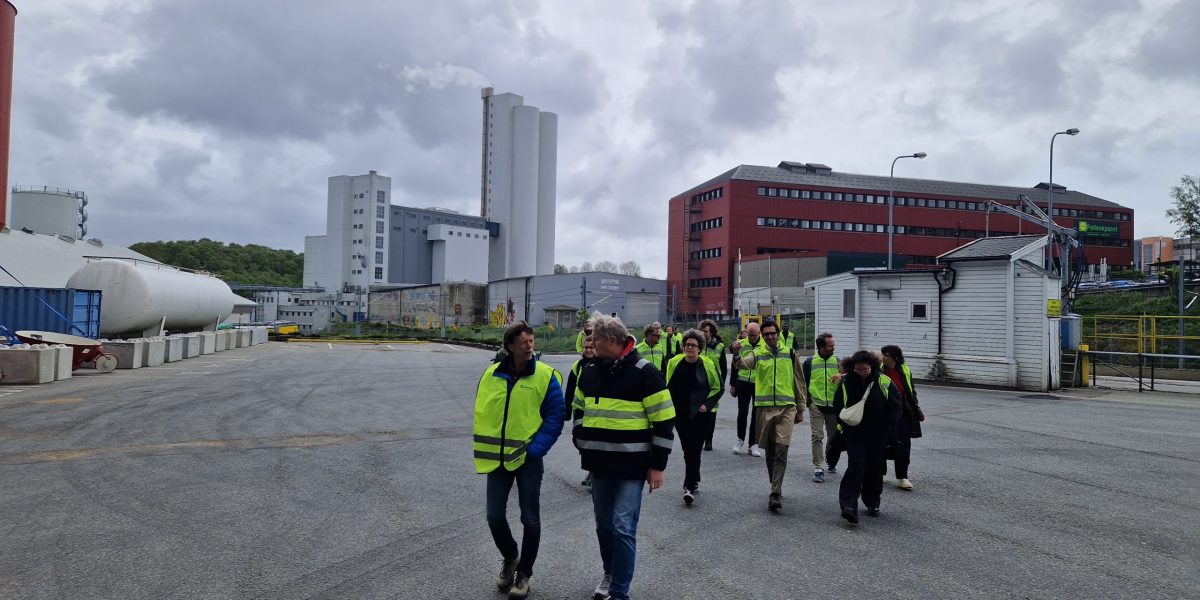
Energy Communities developing circular economy through private and public partnerships (Stavanger/Norway)
This pilot will be developing the potential collaboration between industry and the public sector to reuse waste energy and water, synergised with local urban development planning. The local pilot activities will be held in Hillevåg, a neighbourhood in the Norwegian city of Stavanger. The neighbourhood hosts two major industrial actors engaged in the production of poultry and cattle feed (Felleskjøpet) and fish fodder (Skretting), who generate tremendous waste heating which could be a useful source. Pilot leader: University of Stavanger.
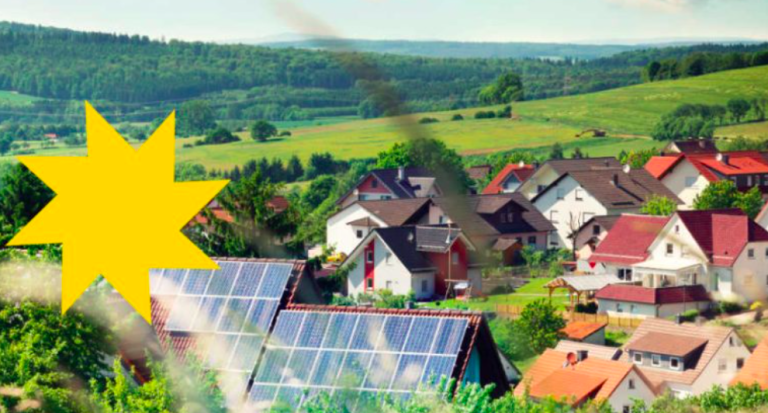
Energy Communities in rural areas to strengthen social cohesion (Styira/Austria)
Two pilot projects in Styria will provide a blueprint for the establishment of ECs in rural municipalities. The concept of EC will be established and tested in two municipalities in the Graz region, Lebring and an association of municipalities (Umgebung Süd). In smaller municipalities, energy communities offer the opportunity to strengthen social cohesion by overcoming challenges connected to the information gaps, administrative barriers and the development of effective business models. Pilot lead: so-strom.
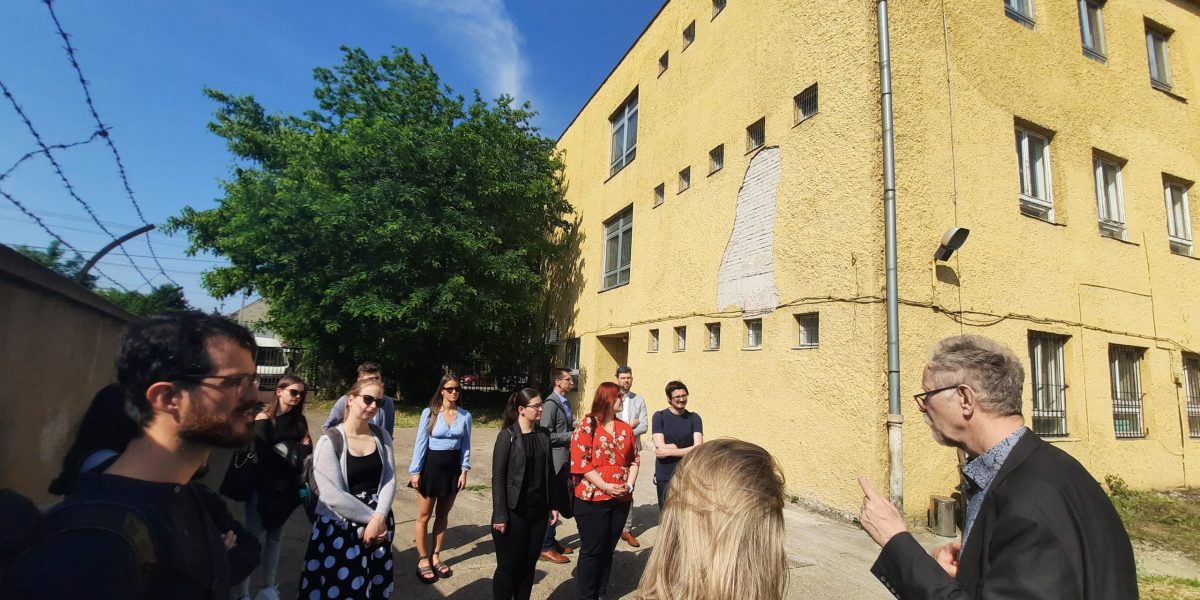
Energy Communities in urban areas developing behavioural and social determinants for uptake and performance (Budapest/Hungary)
The two pilot projects, located in dense urban settings, will expand the existing scientific knowledge base to solve specific practical problems with resource intensive modelling and real-life demonstration. The Megyeri út pilot concentrates on a disused school building to be converted into social housing units. The Kazán pilot is organised around the Kazán Community Centre, a collectively owned building with an emerging energy community, to be upscaled during the project.
Pilot leads: ABUD, Budapest Municipality and Solidarity Economy Center.
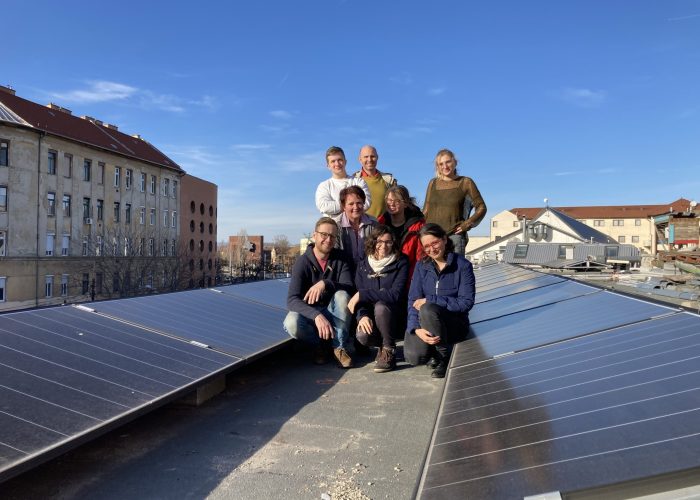
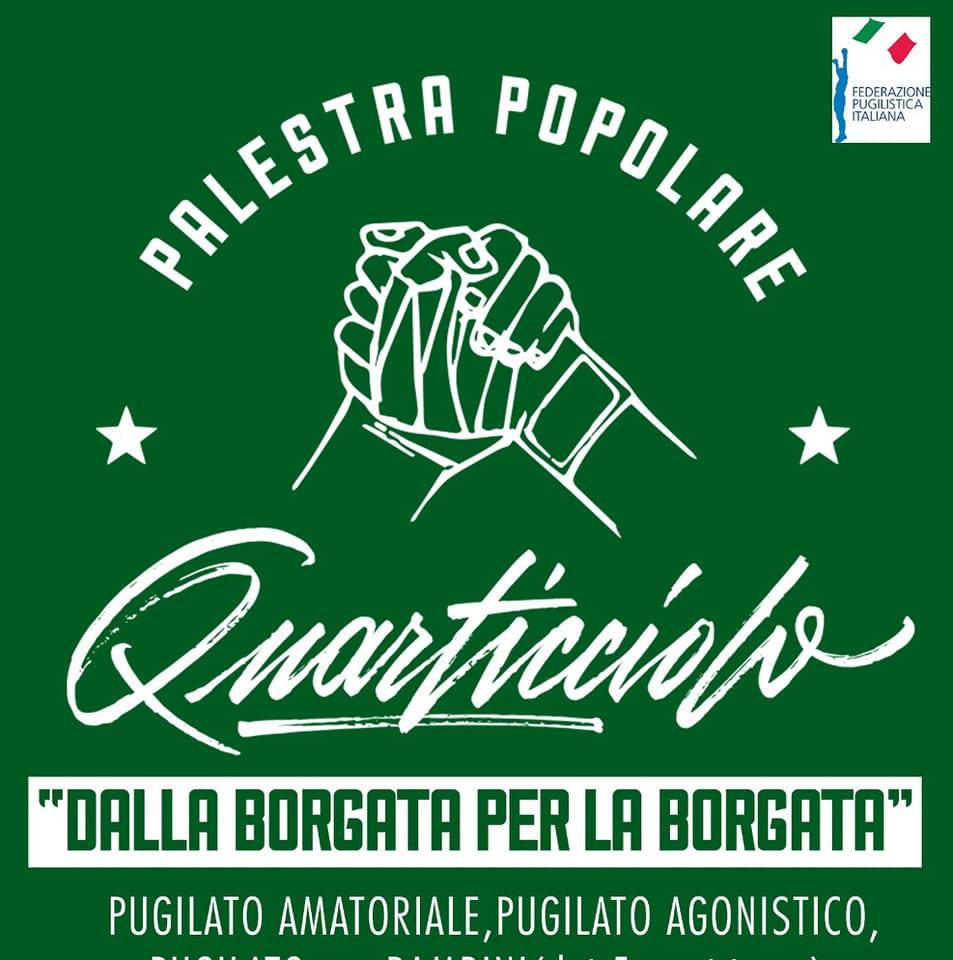
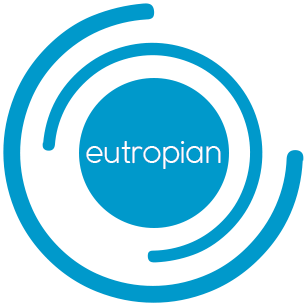






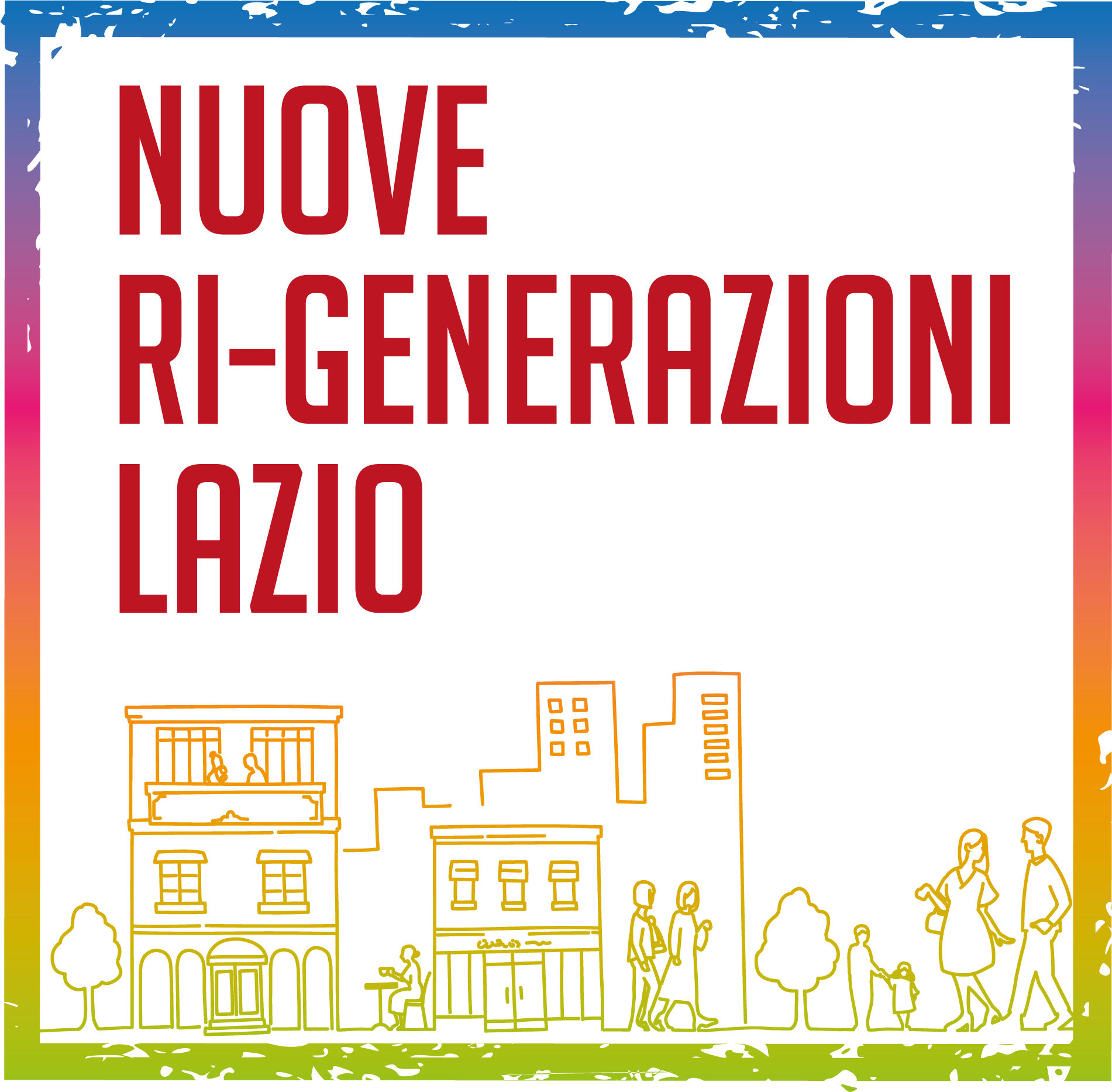
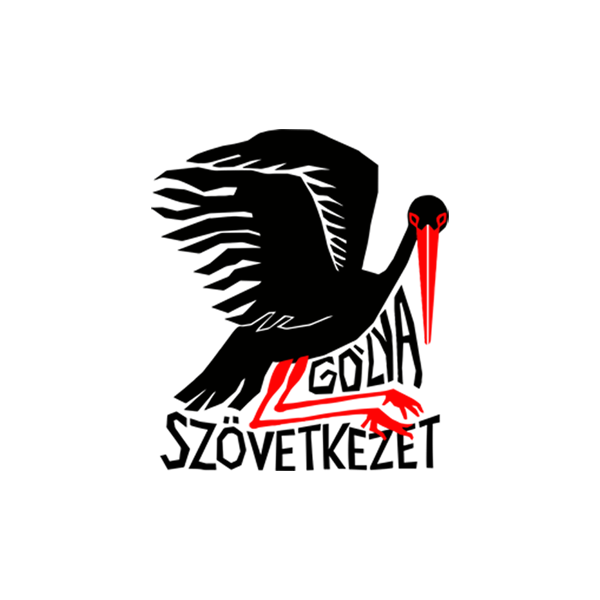

Duration: Starting 01/2024 with expected ending 12/2026
Contact: Dr. Levente Polyak, Eutropian GmbH
E-mail: levente.polyak@eutropian.org
Partners: Eutropian GmbH, Fondazione Openpolis, Universitetet I Stavanger, Stavanger Kommun, Felleskjøpet Rogaland Adger SA, ABUD Mernökiroda Kft., Nuove ri-Generazioni Lazio, Tecnologie Solidali Onlus, Municipality of Budapest, Szövetkezetiéget Támogató Egyesület, Skretting AS, University of Natural Resources and Life Sciences (BOKU), Nahstrom HMV GmbH, ASD Palestra Popolare Quarticciolo
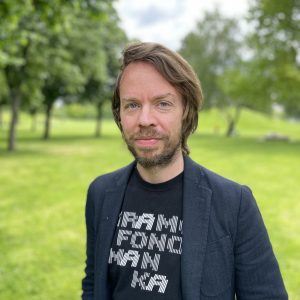
| Cookie | Duration | Description |
|---|---|---|
| cookielawinfo-checkbox-analytics | 11 months | This cookie is set by GDPR Cookie Consent plugin. The cookie is used to store the user consent for the cookies in the category "Analytics". |
| cookielawinfo-checkbox-functional | 11 months | The cookie is set by GDPR cookie consent to record the user consent for the cookies in the category "Functional". |
| cookielawinfo-checkbox-necessary | 11 months | This cookie is set by GDPR Cookie Consent plugin. The cookies is used to store the user consent for the cookies in the category "Necessary". |
| cookielawinfo-checkbox-others | 11 months | This cookie is set by GDPR Cookie Consent plugin. The cookie is used to store the user consent for the cookies in the category "Other. |
| cookielawinfo-checkbox-performance | 11 months | This cookie is set by GDPR Cookie Consent plugin. The cookie is used to store the user consent for the cookies in the category "Performance". |
| viewed_cookie_policy | 11 months | The cookie is set by the GDPR Cookie Consent plugin and is used to store whether or not user has consented to the use of cookies. It does not store any personal data. |
